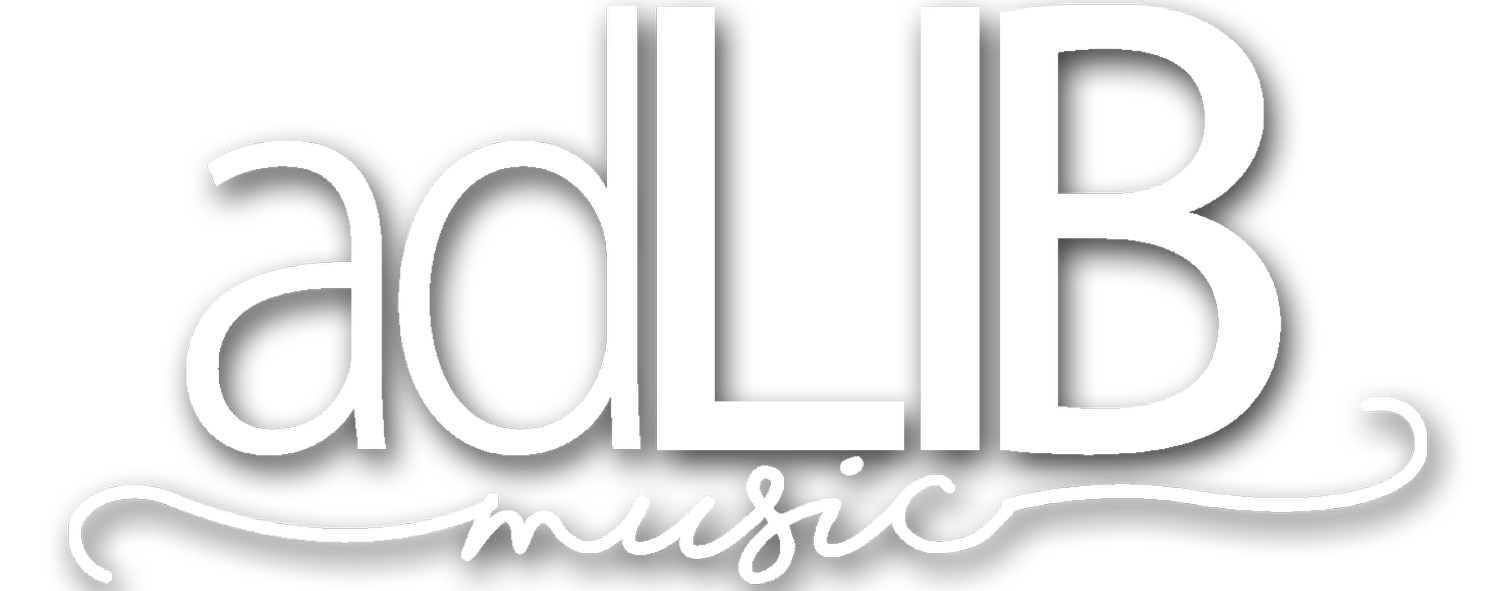Personality Tests Only Tell Half the Story
I tend to like them, but many of us hate personality tests because we feel like they box us in. They label and confine. They limit and misunderstand who we are.
Because they do!
We’re in the middle of a series on the Five Faders, and it’s the perfect moment for this: Knowing what Fader you are is NOT the goal. Being the best “fill-in-the-blank Fader” is NOT the goal. The best mix is the goal.
My family and I are on a five-week road trip in the US, and we started in Texas, where I met up with my college roommate Adam. He’s a psychologist that has done tons of research on what makes people tick and how educators can be healthy and resilient.
In one of our conversations, he said something like personality tests get it wrong because they only give you a picture of where you are, not a roadmap to where you want and need to go.
While I may present dominantly in a singular Fader, the reality is that I have all five of them, and I must get to know all of them to be a well-rounded leader.
Otherwise, we can hide behind our Fader, like an I-D on the DISC can hide behind being a free-wheeling bossy jerk, or an Enneagram 7w8 can hide behind being a fat glutton that lashes out when his wife suggests he skip dessert. Too harsh, I know, but those are my shadows. The point is we can use our primary Fader as an excuse, and it’s not an excuse because the Faders are a roadmap to the best you.
For example, in response to “How I Audition New Team Members,” a good friend I’ll call George (because that’s his name) responded with this:
As I read through these approaches, I realize that I operate pretty equally out of the Artist, Shepherd, and Educator modalities.
The truth is, I never hold an actual audition; I’m making these assessments from the very moment I start speaking with someone about joining the team. I throw out a few comments and see how they respond.
If it’s a drummer, I comment on our room, “This room is great for vocals, piano, and acoustic instruments. It has a warm, lush reverb. People love having piano/vocal recitals here. The congregation’s voices fill it up. It’s the exact opposite for drums. Sometimes I don’t even use full sticks; I have to play very low volume; I use these toothpick size timbale sticks. I think more like an orchestral percussionist.”
Then I listen to how they respond and observe their body language.
A singer might ask, “When do you rehearse?” And I’ll respond, “Because of the schedules of our team members, it’s not always possible to rehearse. Almost everyone on the team are strong sight-readers. I often meet with just one or two of the team members and pull the rest of the team together on Sunday morning.” Again I gauge their response.
It’s amazing, but at this point, I can tell a lot about a person’s experience level pretty well before ever hearing them. I often schedule people to play on a Sunday without ever hearing them play or sing beforehand. If there are issues, I make arrangement decisions and flip into artist/educator mode during the rehearsal.
I understand this approach is not for everyone!
A fascinating approach isn’t it!? I’m hoping you can learn from George’s thinking. It shows a balance of faders, moving up or down as they need to, as the moment calls for it. And that’s the point, the goal of the Five Faders.
Answering the question, “what does love require of me at this moment?” Moving your Faders is the goal.
I’d love it if you could bring your team to next week’s Five Faders workshop at Mission Church in Lancaster on June 17. Read more and sign up here: adlibmusic.com/five-faders.
-Dave Helmuth
(purchase my book, "Worship Fertilizer: (the first hundred)" HERE)
Personality Tests Only Tell Half the Story (Nº 327)

